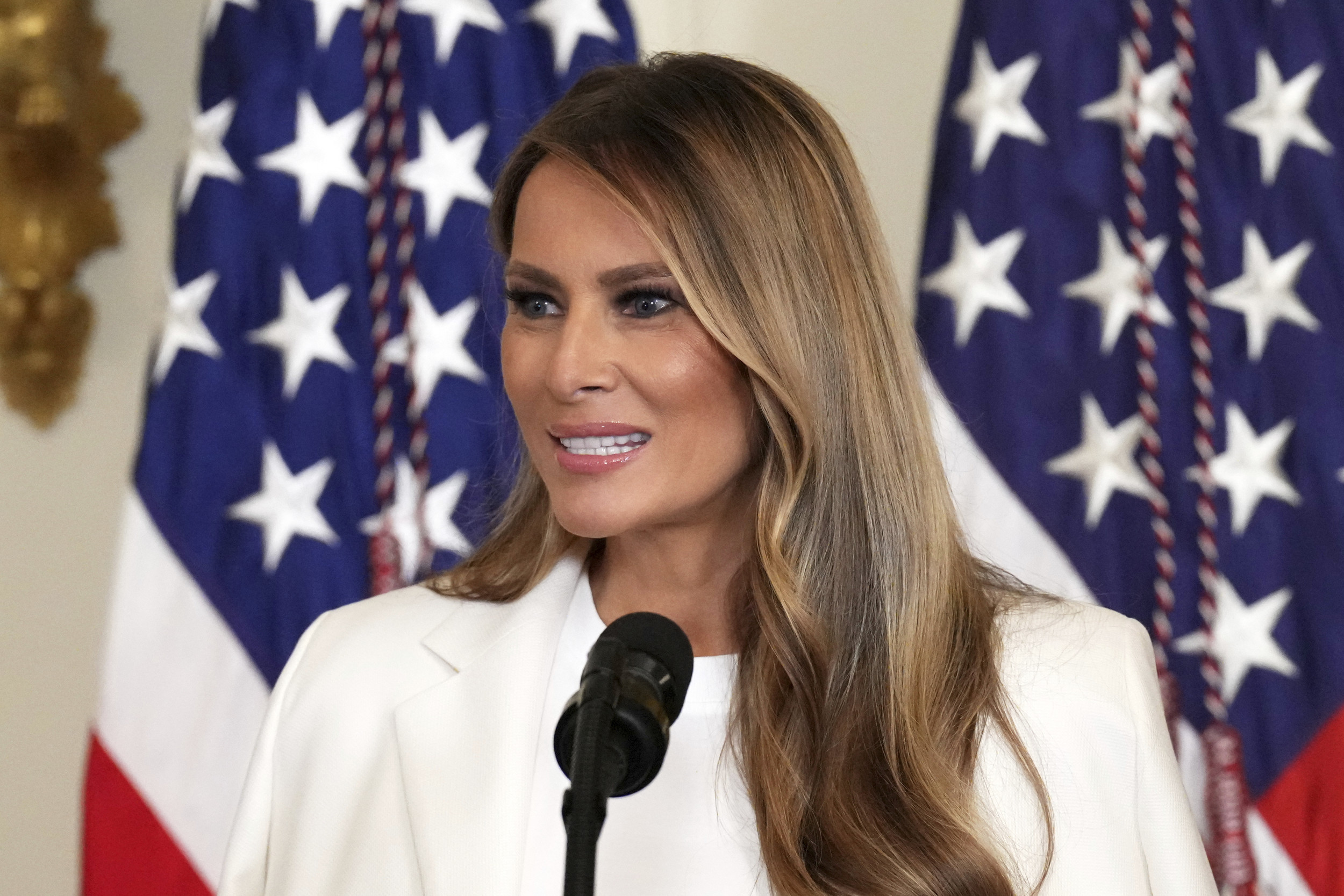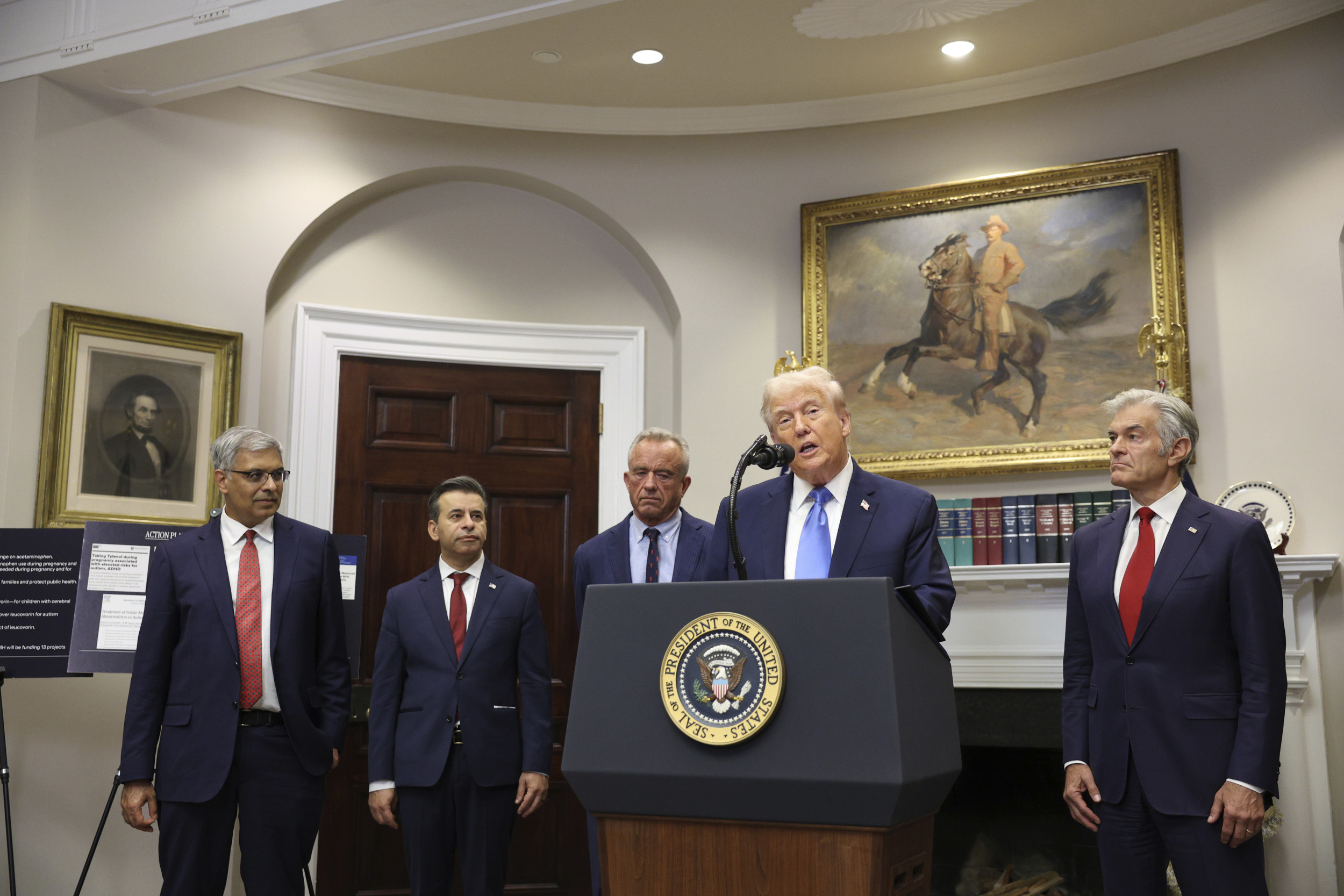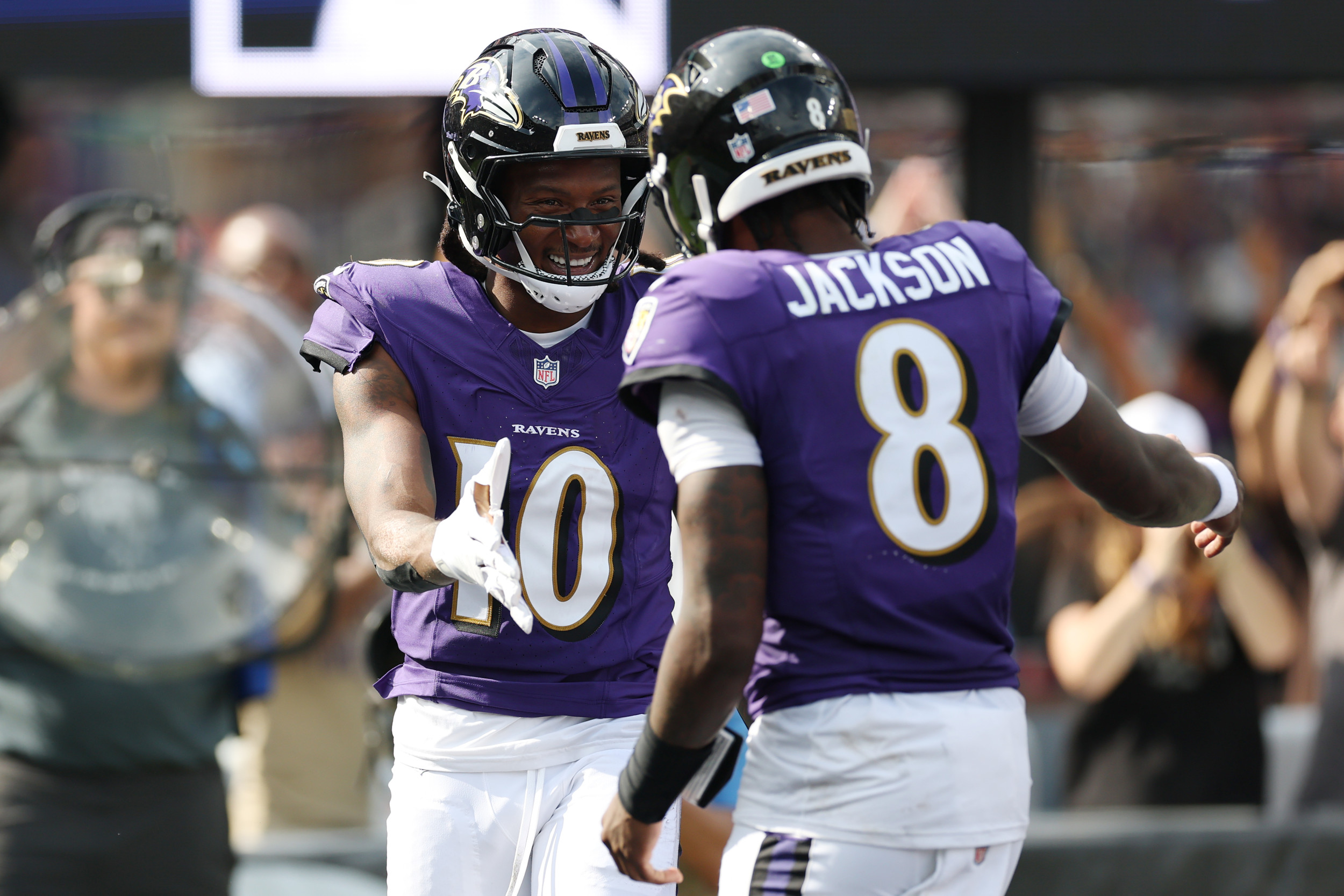
President Donald Trump is expected to sign the bipartisan Take It Down Act, aimed at curbing the spread of nonconsensual intimate imagery, including AI-generated deepfakes.
The bill has been championed by first lady Melania Trump as part of her renewed “Be Best” initiative. The president and Melania are set to host a signing ceremony for the bill on Monday, in the White House Rose Garden, the Associated Press (AP) reports.
Newsweek has reached out to the White House for comment on Wednesday.
Why It Matters
The bill targets a growing crisis driven by the rise of deepfake technology and online harassment. Advocates say it fills a legal gap by creating penalties and clear removal procedures for harmful, unauthorized sexual content distributed online.
Lawmakers emphasized that the bill responds to mounting evidence of psychological and reputational harm experienced by victims, particularly women and minors, whose images have been misused.
What To Know
The Take It Down Act was introduced in 2024 by Republican Senator Ted Cruz of Texas and Democratic Senator Amy Klobuchar of Minnesota. It mandates that platforms remove reported nonconsensual intimate images (NCII) within 48 hours and make efforts to delete known duplicates.
The legislation received overwhelming bipartisan support in Congress, passing the House by a 409-2 vote last month.
The first lady called its passage “a powerful statement that we stand united in protecting the dignity, privacy, and safety of our children.”
President Trump, who publicly backed the measure in March, also said he might benefit from it: “I’m going to use that bill for myself too if you don’t mind because nobody gets treated worse than I do online, nobody,” he said.
But critics have railed against the bill for being overly broad, which they warn could lead to censorship of legitimate images and LGBTQ+ content.
Digital privacy advocate The Internet Society warned that the bill’s takedown requirements could harm encryption-based services and compromise user security.
“The TAKE IT DOWN Act…presents an existential threat to encryption,” the group wrote, expressing concern over obligations that might force companies to undermine secure messaging platforms.
Nonprofit Electronic Frontier Foundation added that while the bill had good intentions, that alone was not enough to make it good policy.
“Lawmakers should be strengthening and enforcing existing legal protections for victims, rather than inventing new takedown regimes that are ripe for abuse,” they told the AP.
Despite the criticism, lawmakers highlighted the stories of victims in shaping the bill. Cruz said he was inspired to introduce the bill after speaking to then-14-year-old Elliston Berry and her mother, who visited his office after Snapchat refused to remove an AI-generated “deepfake” of the teen.
What People Are Saying
Berry said in a statement, “When I was just 14 years old, my life changed forever after a boy at my school used AI to create deepfake images of me. I knew I could never go back and undo what he did, but I wanted to do anything to help prevent this from happening to others. With the passage of the TAKE IT DOWN Act, we can protect future generations from having to experience the pain I went through.”
Electronic Frontier Foundation told AP that the bill “applies to a much broader category of content — potentially any images involving intimate or sexual content … The takedown provision also lacks critical safeguards against frivolous or bad-faith takedown requests. Services will rely on automated filters, which are infamously blunt tools. They frequently flag legal content, from fair-use commentary to news reporting. The law’s tight time frame requires that apps and websites remove speech within 48 hours, rarely enough time to verify whether the speech is actually illegal.”
Klobuchar said in April, “We must provide victims of online abuse with the legal protections they need when intimate images are shared without their consent, especially now that deepfakes are creating horrifying new opportunities for abuse. These images can ruin lives and reputations, but now that our bipartisan legislation is becoming law, victims will be able to have this material removed from social media platforms and law enforcement can hold perpetrators accountable.”
Melania Trump said last month, after the bill was passed by the House, “Advancing this legislation has been a key focus since I returned to my role as First Lady this past January…Through this critical legislation and our continued focus with ‘Be Best,’ we are building a future where every child can thrive and achieve their full potential.”
What’s Next
Trump has pledged to sign the bill into law on Monday. Once enacted, the Justice Department and Federal Trade Commission are expected to release compliance guidelines. Tech platforms, civil liberties groups and courts will be watching closely as the law’s impact unfolds.
The AP contributed reporting to this article.




